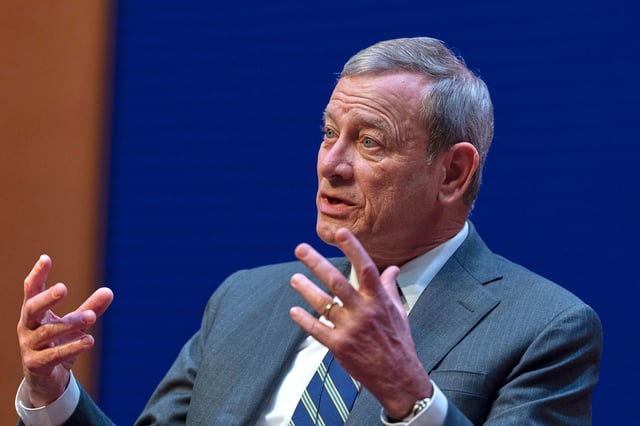Overview
- The Supreme Court’s 6–3 decision holds that lower federal courts lack equitable authority to issue universal injunctions blocking policies nationwide against nonparties
- Justice Amy Coney Barrett’s majority opinion avoids the substance of birthright citizenship and instructs trial judges to tailor future injunctions to the parties before them
- President Trump hailed the ruling as a “monumental victory for the Constitution” and said his administration will seek to revisit and lift existing nationwide blocks on its policies
- Chief Justice John Roberts cautioned political figures against attacking judges over unfavorable decisions and warned that mere “venting” undermines judicial independence
- Civil liberties advocates warn the curbs on universal injunctions weaken courts’ power to check government misconduct, and Justice Samuel Alito urged strict adherence to Rule 23 to prevent class actions from becoming de facto nationwide relief


